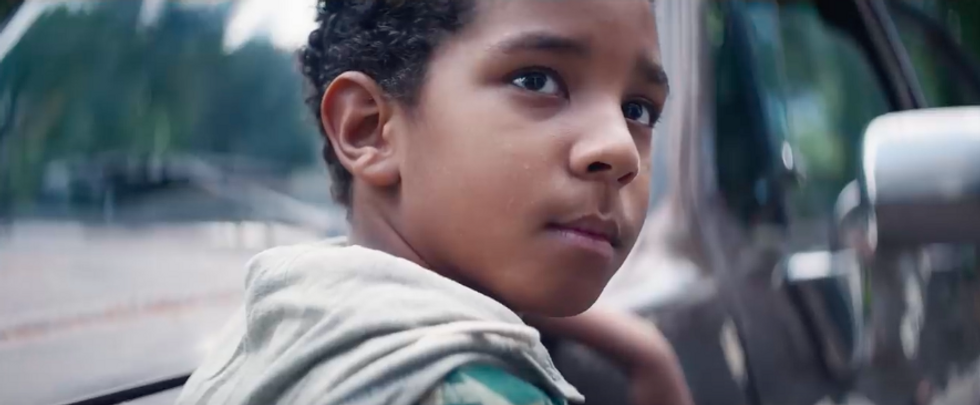On January 13, razor company Gillette released "We Believe: The Best Men Can Be," a one-minute and forty-eight-second ad that has since taken the internet by storm.
The controversy surrounds the ad's messaging -- in simple terms: men can do better. Put in the context of the #MeToo movement and "toxic masculinity," the ad features a group of boys being bullied, young men watching a sitcom actor objectifying a woman on television, and a long line of fathers standing in front of their grills and reciting the phrase "boys will be boys" on a loop. The ad ends with young boys looking into the camera, and a narrator recites, "Because the boys watching today will be the men of tomorrow."
When I first watched the ad on Youtube, I was moved. I was surprised that a razor company that mostly catered to men would be brave enough to highlight men's contributions to a "toxic" society. But other than that, I had no opinion on the ad. Until I read the comments.
It seemed that each of the comments I scrolled through -- there's nearly 400,000 -- was written by an angered man who felt personally victimized by Gillette. Though I'm sure there were some comments praising the video, the sheer amount of those that followed this formula was startling. I wondered, did Gillette do something wrong?
To me, it seemed the only mistake that Gillette made was underestimating the fragility of the male ego. The company merely raised a mirror to society, but many took their description of events as a universal attack on men. Gillette didn't accuse men; it only sought to make them aware of the male-dominated world we live in.
And how did they do this? Gillette showed the consequences of how society raises its boys. In one scene, two male children roughhouse at the backyard barbecue as their fathers groan "boys will be boys." In the next, a group of male teenagers physically attack their classmate. In one scene, a few adolescent boys watch an actor harass his female co-star to laughs from a live studio audience. In the next, footage from news coverage of the #MeToo movement plays.
To put it in words: boys become insensitive to the violence they see around them. And girls are taught to tolerate this. Girls are taught from a young age to be suspicious of their male peers. They are taught to travel in packs and be on guard. But who is teaching the boys how to behave around girls? Who is teaching them to be sensitive to harassment and violence? Apparently Gillette.
Through the ad, the company is telling men that they can do better. And it's no wonder this was a controversial statement: many of them were never raised to do better in the first place.












